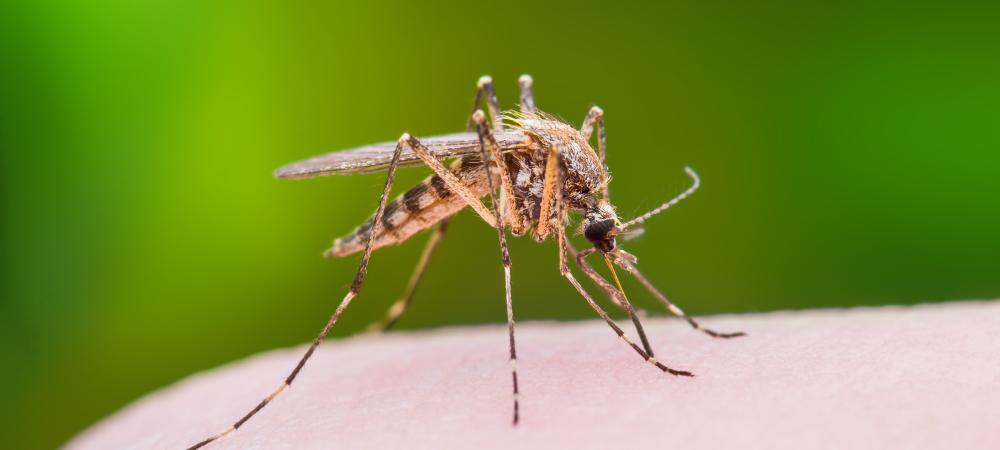Mosquito-Borne Diseases in Morristown, NJ

With the arrival of warmer weather, so come the dreaded mosquitoes. Mosquitoes are more than just an annoying nuisance; they can potentially spread serious diseases in New Jersey. From West Nile Virus to La Crosse Encephalitis, people living in New Jersey should be aware of the dangers of mosquito-borne diseases and the steps to protect themselves from infection. This article will explore the prevalence of mosquito-borne diseases in New Jersey, examine their life cycle and behavior, and the benefits of mosquito control in Morristown.
Prevalence of Mosquito-Borne Diseases in New Jersey
Mosquito-borne diseases are a real and present danger for New Jersey residents. Infected mosquitoes can easily transmit these diseases to humans when they bite and feed on blood. To protect yourself from mosquito-borne illnesses, it is essential to limit your exposure to mosquitoes. It is also important to be aware of the signs and symptoms of mosquito-borne diseases so that you can seek medical attention if necessary. Mosquito-borne pathogens that are most common in New Jersey are the West Nile Virus, Eastern Equine Encephalitis and La Crosse Encephalitis.
West Nile Virus (WNV)
The West Nile Virus is the most prevalent mosquito-borne illness in the state, with reported cases nearly every year since its arrival in 1999. It can cause severe illnesses in humans. Common symptoms include: fever, headache, muscle aches, and joint pain. In more severe cases, it can also lead to neurological problems such as confusion or paralysis.
In New Jersey, WNV is most commonly found from June through September when mosquito activity is at its peak. Mosquitoes become infected with the virus when they feed on infected birds and transmit it to humans through their bites.
Eastern Equine Encephalitis (EEE)
Eastern Equine Encephalitis (EEE) is another common mosquito-borne disease found in New Jersey. Symptoms include fever, headache, vomiting, confusion, seizures, and coma. In some cases, it can lead to serious illness, paralysis or death due to inflammation of the spinal cord and brain.
La Crosse Encephalitis (LCE)
La Crosse encephalitis is spread through the bite of an infected mosquito and in severe cases can cause inflammation of the brain and spinal cord, resulting in serious illness, paralysis or even death. Symptoms include fever, headache, vomiting, confusion, seizures, and coma.
When is Mosquito Season in Morristown, NJ?
Mosquito season in Morristown, NJ, typically begins in the early spring and lasts through late autumn. During this time, mosquitoes are most active from dusk to dawn. However, it is important to note that some species of mosquitoes have adapted to be active during the day, so it is vital to take precautions all day long.
Seasonal Variations in Mosquito Populations
Mosquitoes are a fact of life in New Jersey, but their populations can vary significantly depending on the season.
- Spring: Mosquito populations tend to be highest as they begin breeding following snow and ice thaw.
- Summer: Their numbers may decrease due to increased rainfall and high temperatures, which can reduce their lifespan.
- Autumn: Mosquito populations grow again as temperatures drop, days become shorter, and breeding season begins.
Factors that Affect the Risk of Contracting a Mosquito-Borne Disease
Mosquito-borne diseases are a significant public health concern in New Jersey, with the risk of contracting them fluctuating depending on several factors. Mosquito behaviors such as resting, flying, and biting are all influenced by environmental conditions like temperature, humidity levels, wind speed, and light intensity.
Weather can directly affect mosquito populations, with more mosquitoes present during warmer and drier months. Additionally, different species of mosquitoes are more likely to carry various diseases; for instance, Aedes vexans is known to have West Nile Virus, while Anopheles quadrimaculatus carries malaria.
The location is another important factor, as some areas may be more densely populated with certain types of mosquitoes than others due to environmental conditions or standing water. For example, areas near wetlands or other marshy environments tend to have higher concentrations of certain mosquito species.
Finally, individual behaviors can also play a role in determining disease risk. Those who spend more time outdoors are more exposed to mosquito bites and at greater risk of infection.
Understanding the Life Cycle and Behavior of Mosquitoes
Understanding mosquitoes' life cycle and behavior is key to protecting oneself from mosquito-borne diseases in New Jersey. Mosquitoes have four stages in their life cycle: egg, larva, pupa, and adult. The eggs are laid in standing water and hatch into larvae within 48 hours. Larvae feed on organic matter and microorganisms before developing into pupae, transitioning into adults within two days. Adult mosquitoes live for about one month, during which time they will seek blood meals from animals or humans to lay eggs.
Overall, individuals need to be aware of common mosquito behaviors so that they can take steps to protect themselves from bites.
How to Prevent a Mosquito Infestation in Morristown
Mosquito season in Morristown, NJ, can be difficult for residents due to the risk of mosquito-borne diseases. Fortunately, there are steps that individuals can take to reduce their risk and prevent an infestation of mosquitoes in the area.
The most crucial step is to eliminate standing water around the property, as this is where mosquitoes lay their eggs. This could include cleaning gutters regularly and ensuring containers such as flower pots or buckets are emptied of water and kept covered.
Additionally, using insect repellent containing DEET and wearing long sleeves and pants outdoors can help reduce the risk of bites. Furthermore, it's essential to check for any existing mosquito infestations and to contact a professional pest control company if necessary.
Taking the proper steps to prevent a mosquito infestation in Morristown can help reduce the risk of contracting mosquito-borne diseases and ensure a safe and healthy summer.
Professional Mosquito Control in Morristown
The best way to ensure effective mosquito control is to contact a professional pest control company who can assess the property and use specialized treatments to eradicate any existing infestations.
Delsea Termite & Pest Control offers mosquito control services in Morristown and the surrounding areas. Their team of experts can identify areas where mosquitoes are likely to breed and use targeted treatments to eliminate them.
